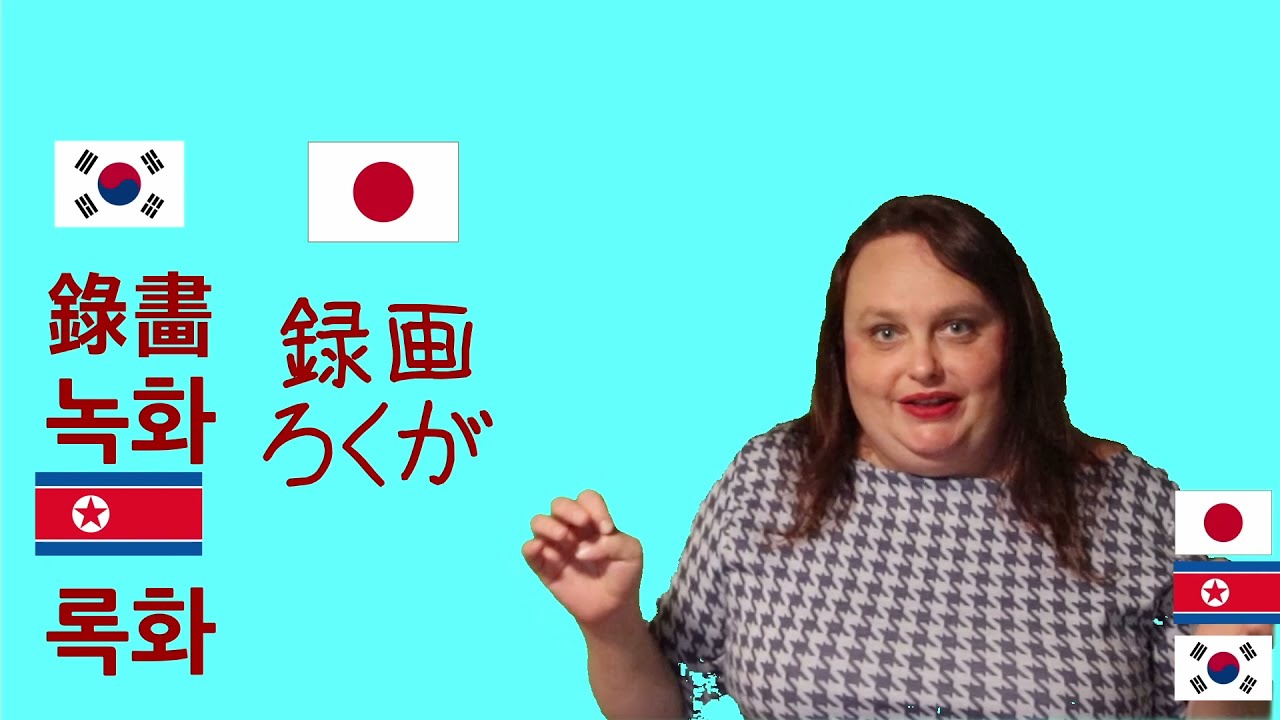How many of you are so crazy like me and are learning Japanese,Chinese and Korean at the same time? I started with Japanese since I was 15 (15y ago already), but due to my master, other issues and constant stopping and re-starting with the studies, I am currently only at the end of Genki I. In March 2021 I started to study Chinese (I even saw that last year I was asking about Chinese here in forum and some people helped me to decide to finally go for it  , so thanks for your replies last year). I fell in love with Chinese. I’m slow in learning, but it’s my hobby so there is no rush. 1 month ago I started with Korean (in group classes) and so far it’s quite difficult mainly because of the pronunciation and also because the style of teaching in that group is not fitting me. But it is so interesting language and I don’t want to give up, so I will probably search for some italki lessons to accompany the group course that I’m attending. How many of you are learning these languages together? What is your style of learning? And how do you like it?
, so thanks for your replies last year). I fell in love with Chinese. I’m slow in learning, but it’s my hobby so there is no rush. 1 month ago I started with Korean (in group classes) and so far it’s quite difficult mainly because of the pronunciation and also because the style of teaching in that group is not fitting me. But it is so interesting language and I don’t want to give up, so I will probably search for some italki lessons to accompany the group course that I’m attending. How many of you are learning these languages together? What is your style of learning? And how do you like it? 
I don’t study any of those languages, but I also study several languages at the same time at different levels (French, Arabic, Spanish, Russian). I think, no matter which languages you study together, every combination will pose its own challenges. At the same time, if you study similar languages, like French and Spanish in my case, the knowledge of one can make your studies of the second easier.
I haven’t got a certain strategy or anything. My main focus is on Arabic, but I usually study follow my mood on which language to study. I do try to do at least 2 Arabic lessons and 1 lesson for each of the other languages per month, but if I’m too busy or don’t feel like it, it can also happen that I don’t do any lessons at all.
For me the most important thing is to always do something different. If I stick to one method for too long I’ll get bored.
I guess I’m technically also learning Japanese, Chinese and Korean at the same time. I’m from Singapore where I had to learn Chinese as my mother tongue language from young, so I don’t really have a style of learning for Chinese? I started learning Japanese some time from middle school, and I started Korean only last year.
After graduating from high school, I haven’t been actively learning Chinese, but I still use it everyday in conversation with my parents and some friends. As for Japanese, I’m currently self-learning N2 level materials, and I expose myself to the language via listening everyday (e.g. music, videos, anime, dramas). I also set my Twitter trends to search for Japanese trends so that I can do occasional reading in Japanese.
As for Korean, I started out by learning a bunch of grammar, but I’m now focusing more on vocabulary until the end of the year. (I’m also self-learning Korean.) In fact, I used to not like Korean when I was younger, but that was probably because I wasn’t so comfortable in Japanese yet. Now that I am, I’m alright with learning Korean too, because I don’t mix them up and I can use Japanese to help learn and remember Korean vocabulary. I kinda had the same experience of using Chinese to help with Japanese, especially with Kanji.
I’ve actually made a few videos on this very subject that you might find interesting. I mostly focus on Korean here, but the method really works just as well for Japanese. The basic idea is that, by leaning in to the presence of Chinese loanwords from the start, you can actually speed up vocabulary learning in much the same way that we do in Indo-European languages by understanding about word roots, prefixes, and suffixes. Hope you find them useful!

